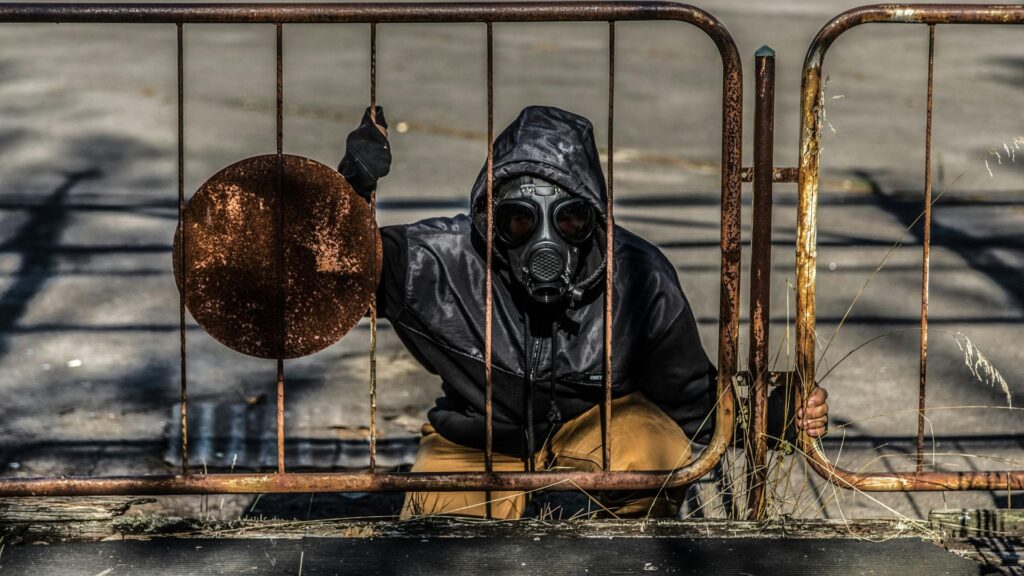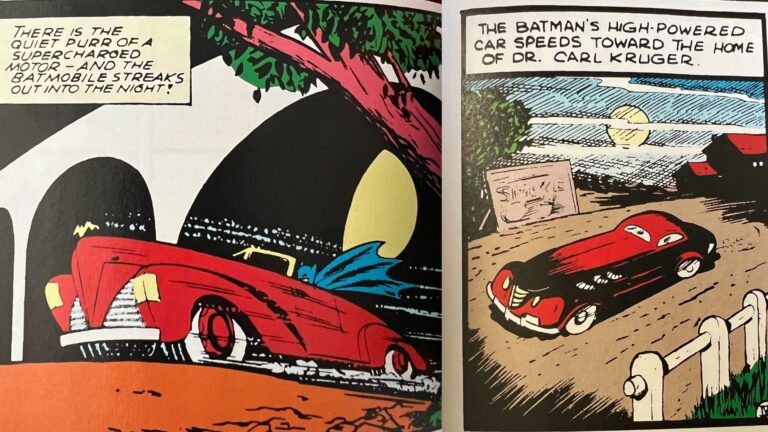
Image via Wendelin Jacober/Pexels
We live in strange times, but to recently learn that a pilot program would construct a radioactive road in Florida made us stop and think. After all, radioactivity is a sort of boogieman in modern society, thanks in large part to the two nuclear bombs we dropped on Japan at the end of World War II.
Don’t worry, robot tanks are also coming in the near future.
Radioactive material will be used by a fertilizer manufacturer in the construction of a road in Florida as part of a pilot program, which might lead to more radioactive roads there and elsewhere, reports Tampa Bay Times. And it’s all thanks to the Environmental Protection Agency. Bet you didn’t see that twist coming.
Of course, there are angry activists and some regular people are perplexed by this decision. Instead of just panicking, we want to present the facts as we understand them and let you make up your own mind about whether this is worthy of real concern.
The road, which will be 3,200 feet long, will be made of phosphogypsum (PG) which is a radioactive byproduct from manufacturing fertilizer. That road will be at the fertilizer manufacturer’s facility in New Wales, Florida.
According to the EPA, PG used in road material isn’t any more dangerous to humans and the environment than having the radioactive material stored in a stack, which has been the requirement until now.
Not everyone is convinced this won’t end badly. Some believe at the minimum road crews and the water quality will be negatively impacted. They’re even more concerned because a bill passed in Florida back in 2023 clears the way for PG to be used in road construction in the future.
For now, the use of PG in road construction is limited to this one test road. But it’s possible the practice could spread, if the outcome with the newly approved project is positive. So just keep in mind in the future you might be driving down a radioactive road in Florida, or one day perhaps in your state.
Image via Wendelin Jacober/Pexels




1 thought on “Radioactive Roads Are Coming To Florida”